INTRODUCTION
On 22 August 2025, the Ministry of Justice and Constitutional Affairs of Somalia, in remarks to a segment of the public, asserted that while the provision of food, education, and health care may be viewed as charitable undertakings, they do not constitute binding state obligations. This position, emanating not from any ordinary office but from the Constitutional Ministry the very institution entrusted with upholding and interpreting the Constitution of the Federal Republic of Somalia raises profound legal and ethical questions.
The Constitution, as the supreme law of the land, cannot be subordinated to ministerial interpretation that appears inconsistent with its own provisions. Somalia, as a sovereign state, has enshrined fundamental rights within its Constitution and is also a signatory to a range of international human rights instruments, including the Universal Declaration of Human Rights (UDHR, 1948), the International Covenant on Economic, Social and Cultural Rights (ICESCR, 1966), and the African Charter on Human and Peoples’ Rights (ACHPR, 1981). These instruments obligate member states, including Somalia, to ensure the protection and progressive realization of the rights to education, health, and adequate food as binding commitments rather than discretionary charity.
The Ministry’s assertion, therefore, is problematic on two levels. Domestically, it disregards the constitutional guarantees of social and economic rights, undermining the supremacy of the Constitution itself. Internationally, it conflicts with Somalia’s voluntary yet binding obligations under international treaties that require states to respect, protect, and fulfill socio-economic rights for their citizens. When the institution charged with safeguarding constitutionalism minimizes such obligations, it risks eroding the rule of law, undermining good governance, and violating international human rights commitments.
In this context, the Ministry’s statement may be seen not as a neutral legal clarification but as a troubling attempt to narrow state responsibility at the expense of the Somali people’s fundamental rights. It is imperative to examine this pronouncement critically, to assess whether it aligns with constitutional supremacy, international human rights law, and the principles of justice the Ministry itself is mandated to uphold.
Right to Educate under the Constitution of 2012
Article 30 of the Federal Constitution of Somalia (2012) affirms education as a basic right for every Somali citizen. It guarantees free education up to the secondary level, obliges the government to prioritize the expansion of public education, and allows for private institutions provided they comply with national standards.
In The Universal Declaration of Human Rights (1948, Article 26) first established education as a universal entitlement, affirming that elementary education must be free and compulsory, and that technical, professional, and higher education should be progressively accessible to all.
This principle is legally binding through the International Covenant on Economic, Social and Cultural Rights (1966, Article 13), which Somalia has ratified. The Covenant recognizes the right of everyone to education, requiring that it promote dignity, respect for human rights, and enable all persons to participate effectively in society.
The Convention on the Rights of the Child (1989, Article 28) further obliges States to guarantee the child’s right to education progressively and on the basis of equal opportunity. Likewise, the Convention on the Elimination of All Forms of Racial Discrimination (1966, Article 5(e)(v)) prohibits discriminatory denial of education. Most recently, the Convention on the Rights of Persons with Disabilities (2006, Article 24) commits States to ensure inclusive education systems for persons with disabilities at all levels of international Human Rights Framework on the Right to Education
Right to Health under the Constitution of 2012
Article 27(2) of the Federal Constitution of Somalia (2012) establishes that every individual has the right to healthcare, and that no person may be denied emergency medical treatment on any grounds, including inability to pay. This provision makes healthcare not a discretionary service, but a binding constitutional entitlement.
The right to health has been provided for and/or recognized in most of the core international human rights treaties as well as other international and regional instruments and declarations. While the right to health is recognized as an independent and fundamental right, it is closely related to and dependent upon the realization of other human rights such as the rights to food, housing, work, education, human dignity, life, non-discrimination, equality, privacy and access to information. Health is also one of the primary targets included in the UN’s Sustainable Development Goals, with SDG 3 calling for ensuring healthy lives and promoting wellbeing for all at all ages.[1]
The Right to Food: Constitutional Silence and International Recognition
Somalia’s Constitution does not expressly guarantee the right to adequate food. Article 27 does, however, recognize economic and social rights broadly and affirms the right of every person to clean potable water and to an adequate standard of living. By contrast, international human rights law explicitly recognizes food as a fundamental entitlement. The Universal Declaration of Human Rights (1948, Article 25) affirms everyone’s right to an adequate standard of living, including food. The International Covenant on Economic, Social and Cultural Rights (1966, Article 11) goes further, requiring States to ensure that everyone has physical and economic access to adequate, safe, and culturally appropriate food.
Critical Reflection
The statement by the Ministry of Justice and Constitutional Affairs on 22 August 2025 portraying education, healthcare, and food as charitable rather than obligatory exposes a profound legal and ethical misinterpretation of both Somalia’s Constitution and its international commitments.
Taken together, the Ministry’s position narrows state obligations to justice and security alone, a stance fundamentally inconsistent with the principle of constitutional supremacy and with Somalia’s international human rights obligations. If such interpretations go unchallenged, they risk eroding the enforceability of socio-economic rights, undermining public trust in state institutions, and weakening Somalia’s credibility in the international community.
Ultimately, the Somali Constitution read in light of international law demands that state duties extend beyond courts and policing to the full spectrum of human dignity. This includes guaranteeing education, healthcare, and food as binding rights essential to the survival, well-being, and equality of all Somali citizens.
[1] Gutterman, Alan, Right to Health under International Human Rights Law (January 1, 2023). Available at SSRN: https://ssrn.com/abstract=4316428 or http://dx.doi.org/10.2139/ssrn.4316428.
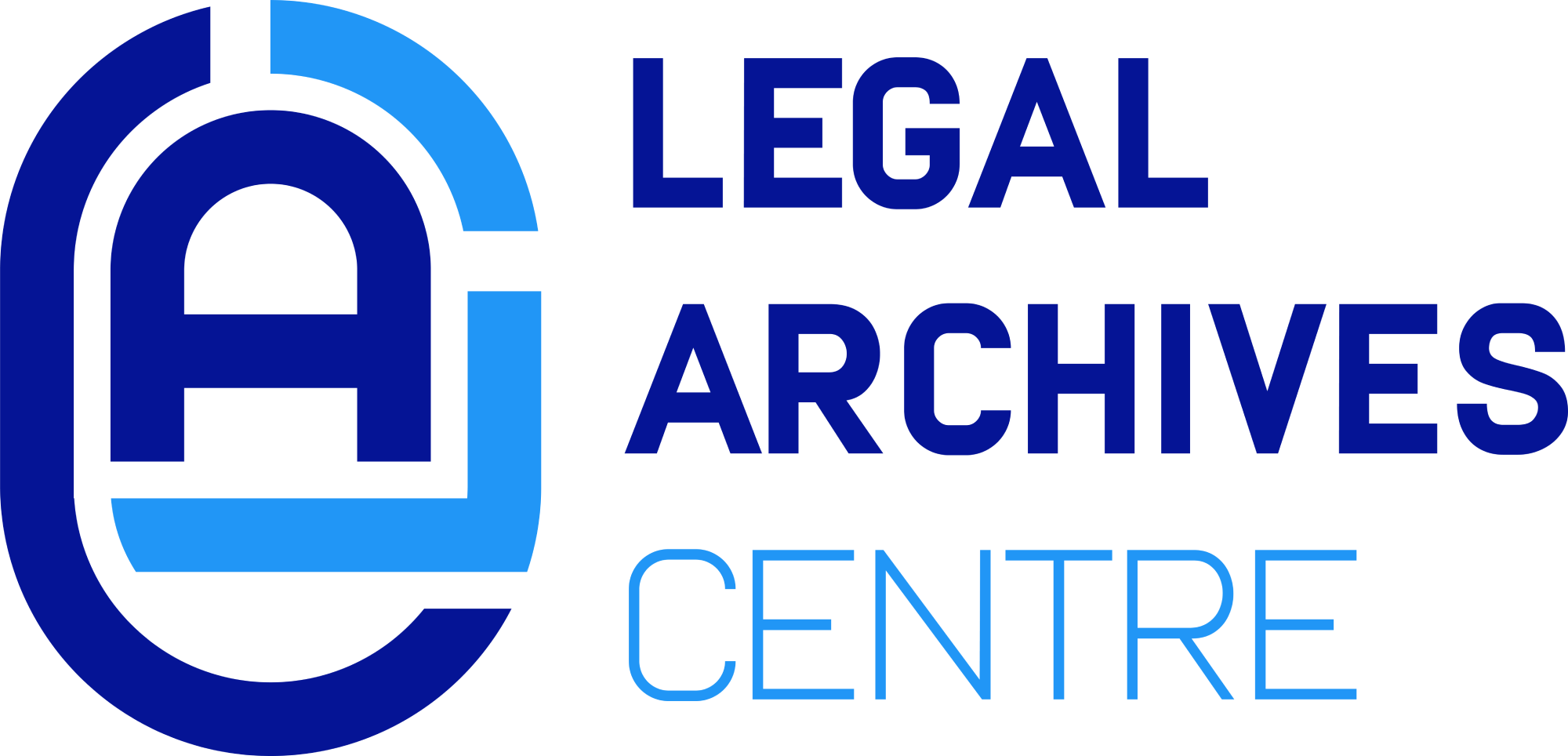
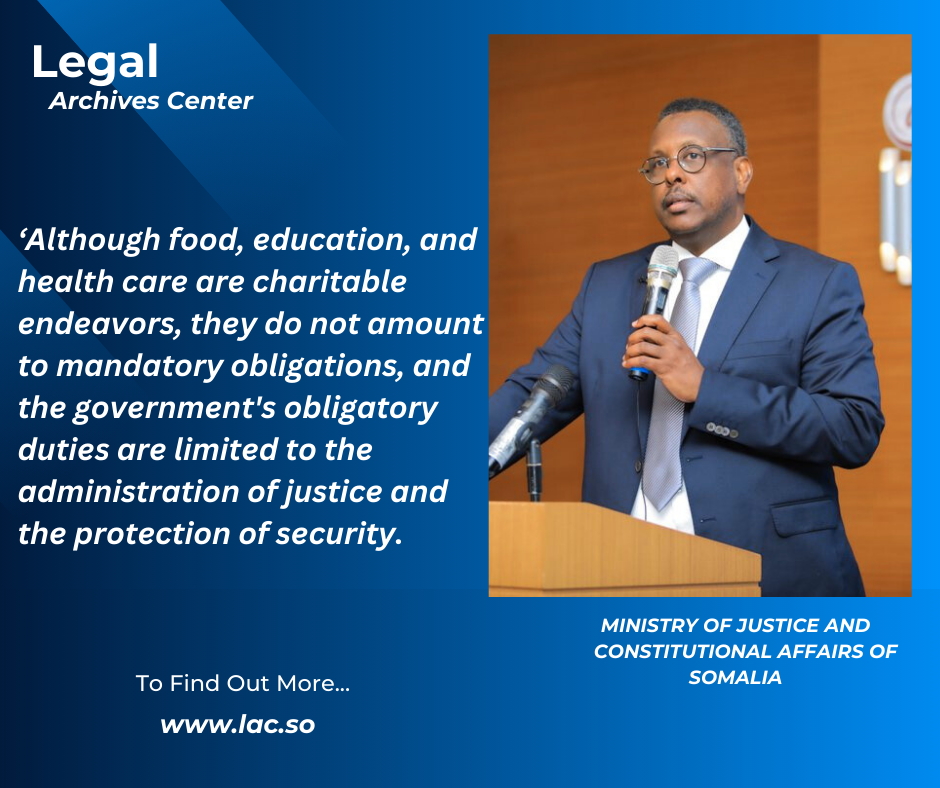
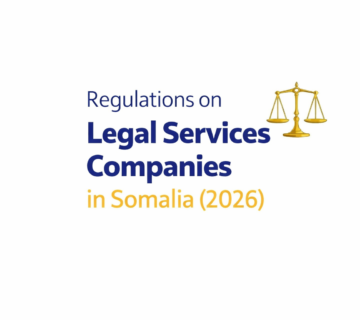
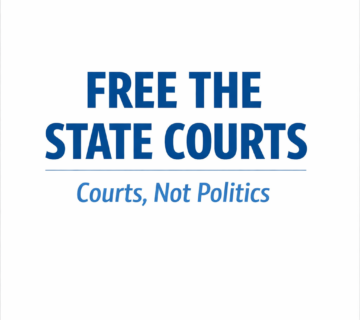

No comment